Trump team can’t decide on Iran oil waivers: Insiders
Officials within US President Donald Trump’s administration are divided over whether to extend waivers from sanctions to the major buyers of Iranian crude, amid concerns about a possible oil price hike, sources have revealed.
Four informed people, who requested anonymity, told Bloomberg on Tuesday that hawkish US National Security Adviser John Bolton and officials in the Energy Department as well as Republican Senators Marco Rubio and Tom Cotton — both of them Iran hawks — have argued for Washington not to grant any more waivers.
However, the report said, US Secretary of State Mike Pompeo’s team and Treasury Secretary Steven Mnuchin have cautioned that a sudden removal of Iranian crude from the market would lead to a price spike.
Bloomberg said “[n]ow that fight is getting ugly.” It did not offer details.
“The administration will really be weighing its desire to put the screws further on Iran against its allergy to oil over $70 a barrel,” said Meghan O’Sullivan, a former deputy national security adviser. “It is risky for the administration to think that it can drive a hard policy which contracts the oil supply from both Iran and Venezuela simultaneously.”
Under the Trump administration, the US has taken an increasingly hawkish posture toward Iran. That hostile approach intensified last year, when Trump unilaterally withdrew America from a 2015 multilateral nuclear deal with Iran. He also re-imposed nuclear-related sanctions on Iran. More sanctions have since been introduced.
The Trump administration also re-imposed so-called secondary sanctions on Iran’s business partners, including European countries that purchase Iran’s crude. Washington initially vowed to cut Tehran’s oil sales to “zero” and sought to pressure customers to stop all their purchases of Iranian oil. Soon, however, it was forced to give waivers to eight major buyers of Iranian oil, namely China, India, Japan, Turkey, Italy, Greece, South Korea, and Taiwan.
The exemptions, which were issued last November, will expire in May. And according to Bloomberg, US officials disagree on what to do then.
The US has also granted one 45-day and two 90-day waivers to Iraq, an importer of energy from Iran.
Tough talk?
Meanwhile, US special representative on Iran Brian Hook — who is officially a member of Pompeo’s team — said on Wednesday that the US was “not looking to grant any new waivers” to Iran’s crude buyers.
“The policy of the United States is that we are not looking to grant any new oil waivers. We did have to grant eight oil waivers in order to avoid shocking the global oil markets and causing a dramatic increase in the price of oil,” he told VOA, adding, however, that Pompeo would take the final decision in that regard in consultations with Trump.
Hook had made identical remarks back in January.
Iran says Hook suffers from chronic ‘Iran abuse syndrome’
Reacting to Hook’s latest remarks, Iran’s Foreign Ministry spokesman Bahram Qassemi said the US official suffered from what he termed a chronic “Iran abuse syndrome.”

Qassemi said Hook was misinformed about the global situation and “America’s unsustainable, shaky, and downgraded status in the world.”
“Brian Hook should know that in today’s world, the United States of America can no more reach all of its ominous and inhuman desires and that the era of the US dictating its selfish will on other countries is over.”
Iran says it addressed any global concerns about its nuclear program when it reached the 2015 deal, and that the unilateral US sanctions are illegal. Tehran says it will continue to sell its oil in spite of those sanctions. The other parties to that deal have a similar standpoint. The European Union (EU), one of the parties to the Iran deal, has set up a special financial mechanism to bypass the US financial system and continue trade with Iran.
Iran condemns ‘vicious act of Israeli terrorism against civilians’
Netanyahu: Israel won't allow Hayat Tahrir al-Sham forces in southern Syria
VIDEO | Paying tribute to Hezbollah leaders
Hezbollah leaders’ historic funeral showed resistance strength: Islamic Jihad
Iran reports surge in air traffic as Austrian, Lufthansa resume flights
VIDEO | South Africans set to lobby government to isolate Israel
IRGC chief: Nasrallah decisive figure in regional equations with global dimensions
VIDEO | Press TV's News Headlines


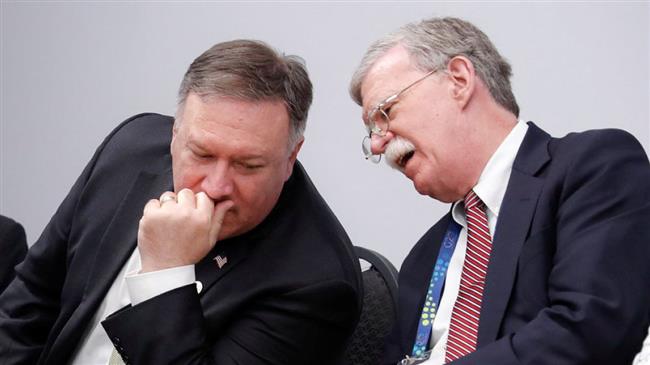

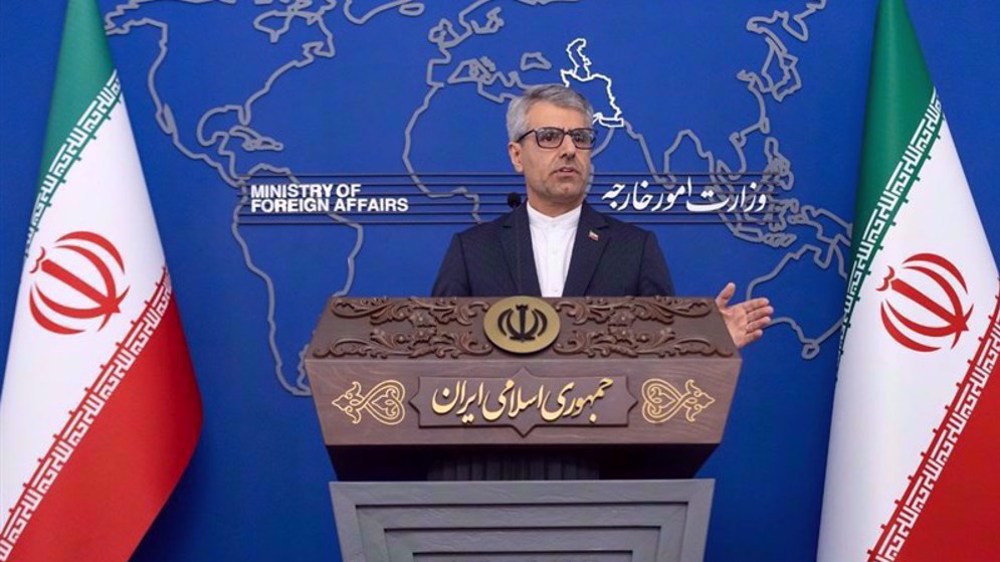
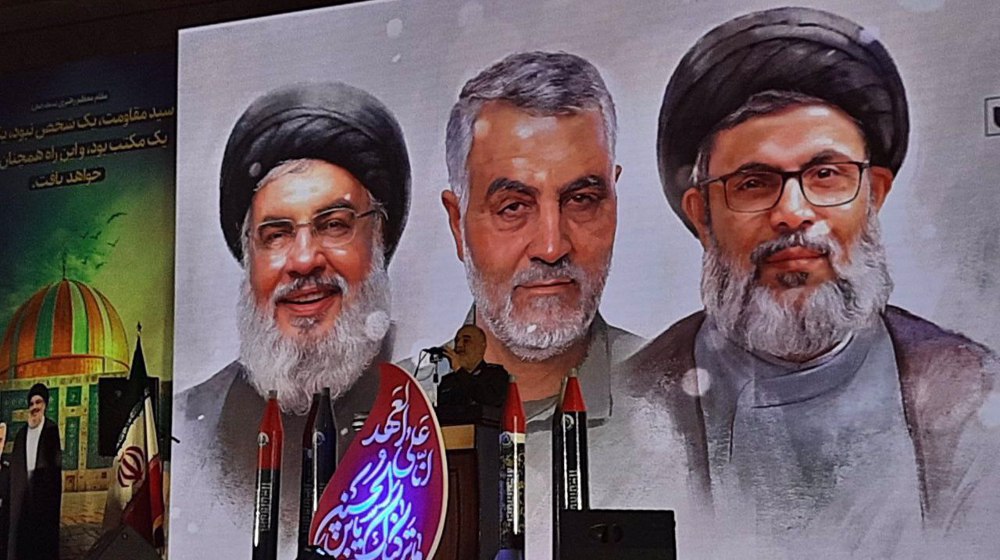
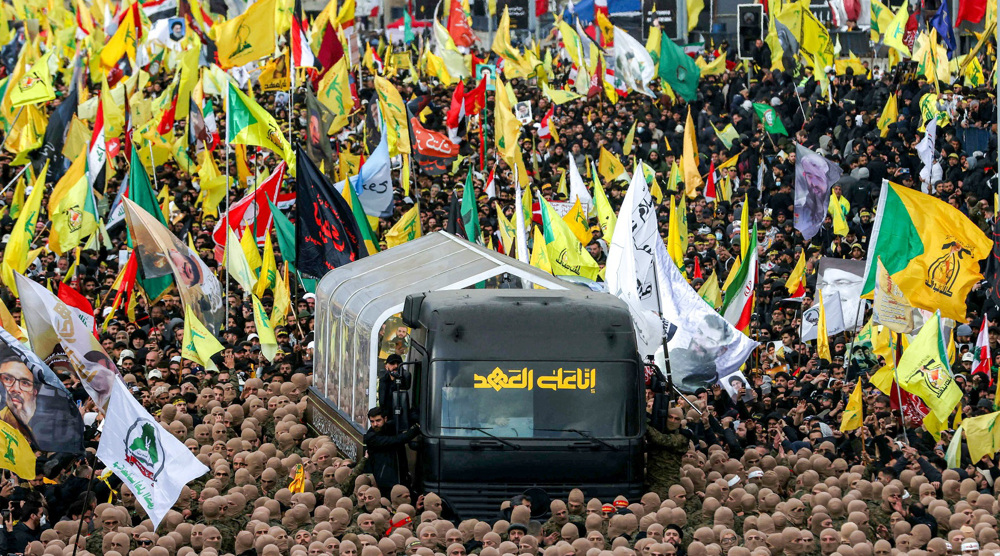



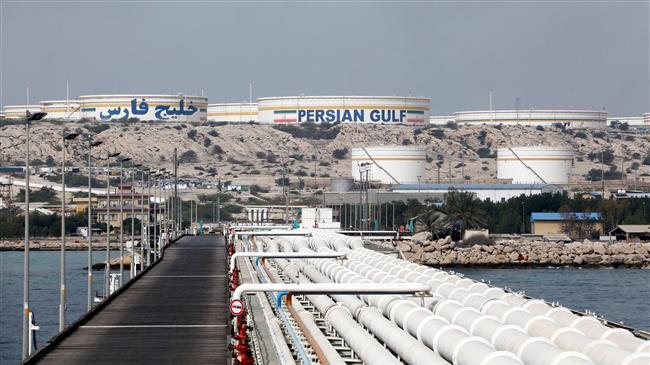
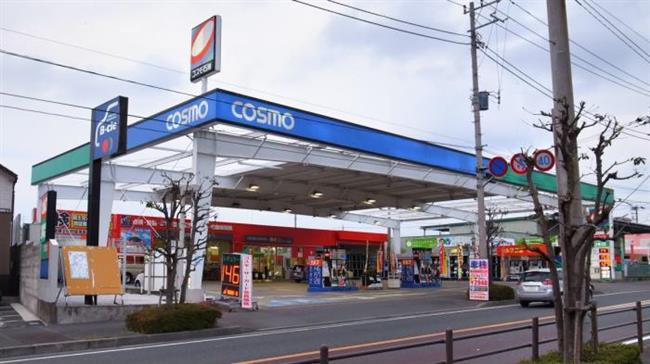
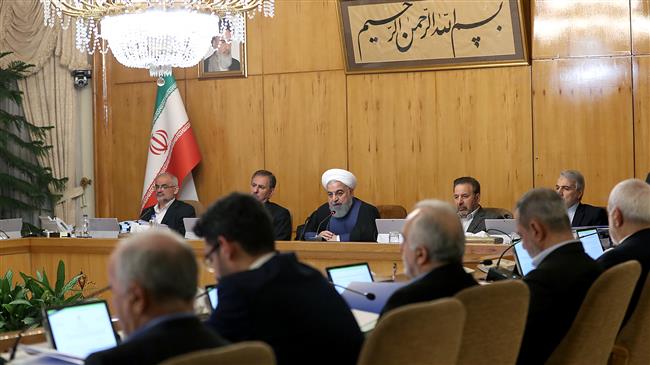
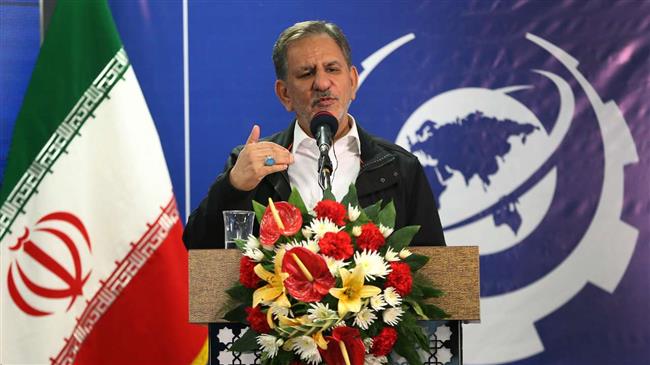
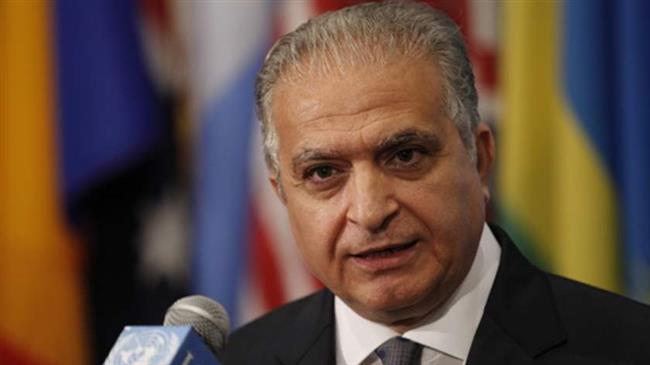

 This makes it easy to access the Press TV website
This makes it easy to access the Press TV website